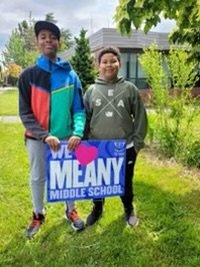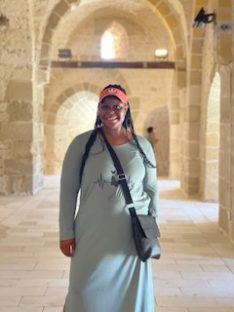The Employees Community Fund of Boeing Puget Sound awarded a $40,000 grant to Seattle CARES Mentoring Movement this month. The funds will be used to purchase a new 8-passenger vehicle van to transport youth and mentors to community events and activities in Seattle and King County.
“We are so grateful to the employees of Boeing Puget Sound for this grant,” said Don Cameron, Seattle CARES executive director. “It opens the doors for us to do so much more for our scholars, both educational and just for fun. Some of our future field trips include a visit to Seattle’s WOW Gallery which highlights women artists of color, a University of Washington basketball game or practice session, maybe even attending a legislative session in Olympia.”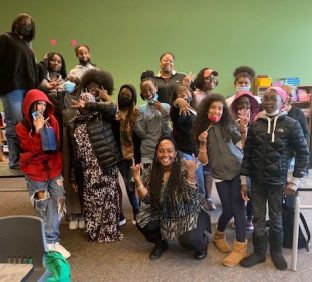
Boeing’s Employees Community Fund is one of the largest employee-managed funds of its kind in the world. Each chapter is led by a committee of employee volunteers who decide what areas of funding to support. In 2021, the 20 nationwide chapters invested $8.3 million in their local communities.
Seattle CARES, founded in 2008, offers innovative programs that provide critical skills and positive support systems to help Black youth and their families succeed and flourish. Guided by the latest research on education, mentorship, race and opportunity, the organization’s results-oriented approach was created by some of the nation’s top educators, wellness professionals, counselors and advocates.
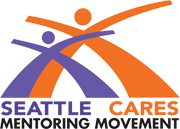

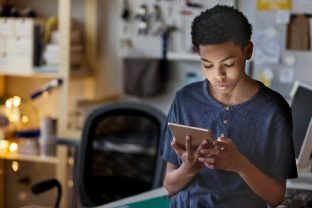
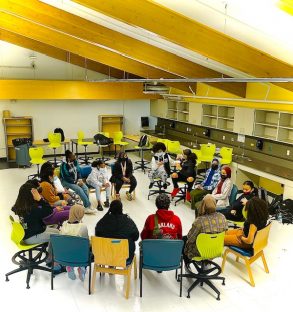 “Based on the program’s success, we are looking forward to continuing The Rising for Girls in the upcoming school year,” said Cameron.
“Based on the program’s success, we are looking forward to continuing The Rising for Girls in the upcoming school year,” said Cameron. Super heroes were a big hit among Rising scholars again this spring!
Super heroes were a big hit among Rising scholars again this spring!
